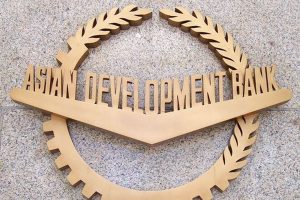THE Asian Development Bank (ADB) approved two funding packages totaling $501 million for the Philippines to support better job quality and infrastructure project planning.
Last week, the bank approved the $500-million Philippines: Business and Employment Recovery Program – Subprogram 2 and the $1-million Preparing and Implementing Climate and Disaster-Resilient Transport Projects.
According to the ADB, the first loan supports “building a business environment that fosters sustainable, high-quality jobs” particularly after the pandemic.
“Subprogram 2… ensures that the workforce is well-equipped to meet evolving industry needs,” the ADB said in a document uploaded on its website.
Components of the program include scaling up active labor market programs and liberalizing the business and investment framework, it said.
The ADB said the program seeks to raise the share of private-sector jobs in total employment to significantly above pre-pandemic levels.
Meanwhile, the Preparing and Implementing Climate and Disaster-Resilient Transport Projects, which was approved on Dec. 18, will support the implementation of the bank’s infrastructure projects.
The technical assistance is intended to provide critical support to the government’s Build, Better, More infrastructure development program, especially in capacity building and project preparation and implementation, it said.
Among those to benefit is the Infrastructure Preparation and Innovation Facility, tasked with preparing flagship projects such as the Bataan-Cavite Interlink Bridge; and the Laguna Lakeshore Road Network.
The 32.15-kilometer Bataan-Cavite Interlink Bridge project is set to link the provinces of Bataan and Cavite with a Manila Bay crossing. It was approved in December 2023.
Meanwhile, the $1.7-billion Laguna Lakeshore Road Network Project, which is expected to cut travel time between Taguig City and Calamba, Laguna, was approved in November. — Aubrey Rose A. Inosante

